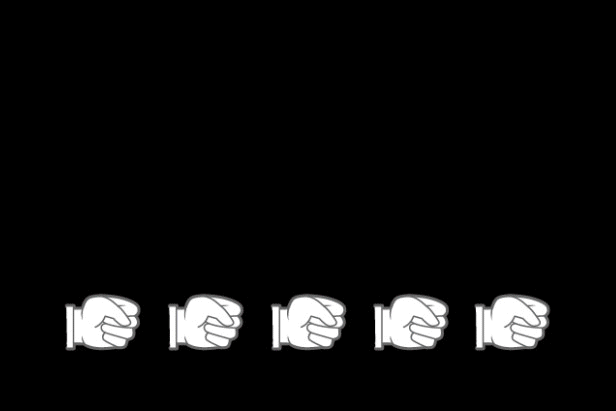Welcome to Should I Eat This?—our weekly poll of five experts who answer the food questions really gnawing at you.

There’s a lot of debate about eggs. While eggs provide protein and important vitamins, some people fear that yolks are full of cholesterol and saturated fats. We asked nutrition experts: are eggs healthy? 4/5 experts say yes.
The great breakfast conundrum seems a lot simpler when you ask a bunch of science types who know eggs inside and out (and sunny-side up). And most of them are pretty wild about eggs.
Each of the five experts noted that eggs are a fantastic source of vitamins—“one of nature’s most perfect foods,” gushes Kristin Kirkpatrick, RD, a nutrition expert at Cleveland Clinic, since a fatty neon yolk makes lots of those fat-soluble nutrients way easier for your body to use. Unlike many other foods packed with vitamins—like kale, say—you don’t have to combine eggs with fat to get the most out of them. “Whole eggs are a source of highly bioavailable lutein and zeaxanthin, two carotenoids that protect against oxidative stress, inflammation and age related macular degeneration,” says Maria Luz Fernandez, PhD, professor in University of Connecticut’s nutritional sciences department. One egg contains 35% of your daily choline, a key component for cognitive function that may protect against Alzheimer’s disease.
You can make a compelling “vitamin-filled” case for nearly any food Mother Nature manufactures, but egg’s secret sauce is what it doesn’t have. “When we eat more of A, we eat less of B,” says David Katz, MD, director of the Yale University Prevention Research Center. Eating eggs in the morning, for instance, helps steer us away from the carbier, meatier breakfast offerings, and that’s a good thing. A recent study showed that when people followed a low-carb diet for a year, they lost more weight and cut their heart disease risk factors more than the low-fat group.
Eggs don’t wreak havoc on your heart or cholesterol, several experts pointed out. Recent clinical studies have debunked that myth, and some evidence suggests they might actually be good for cholesterol. “They help raise your HDL ‘good’ cholesterol and may help in the prevention of some eye diseases,” says Thomas Wilson, associate professor of nutritional sciences at University of Massachusetts Lowell. And they keep you full. One large egg has 6 grams of protein.
You Asked: Your Top 10 Health Questions Answered










Our lone dissenter Ronald Ross Watson, PhD, professor at the University of Arizona College of Public Health, doesn’t take issue with the nutritional composition of eggs—“When cooked and/or processed otherwise, they become a great source of essential protein, lipids, vitamins & minerals,” he writes in an email. He’s more miffed by the misappropriation of eggs, whose noble destiny is species survival and life development in birds, not to become your fancy frittata. “It remains a shame to use eggs for such purpose as feeding,” he says.
Sorry, chickens—but it looks like the egg comes first in this debate.
More Must-Reads From TIME
- The 100 Most Influential People of 2024
- Coco Gauff Is Playing for Herself Now
- Scenes From Pro-Palestinian Encampments Across U.S. Universities
- 6 Compliments That Land Every Time
- If You're Dating Right Now , You're Brave: Column
- The AI That Could Heal a Divided Internet
- Fallout Is a Brilliant Model for the Future of Video Game Adaptations
- Want Weekly Recs on What to Watch, Read, and More? Sign Up for Worth Your Time
Write to Mandy Oaklander at mandy.oaklander@time.com